Gather the OlivesOn Food and Hope and the Holy Land
Gather the Olives is a dangerous book. That’s because it is about peace in a time when peace in the Holy Land is a faraway, even radical notion. It is about hope and food and community and the way there can be solidarity in sharing a meal. Hence the danger: this book might remind its brave readers of how peace is nourished and how hope can’t be extinguished.
Over the years, Bret Lott—the bestselling author of more than a dozen books, including the novel Jewel (an Oprah’s Book Club selection)—has lived and taught in Jerusalem, affording him the opportunity to travel throughout Israel and the surrounding area. Now, in Gather the Olives, this gifted storyteller has brought together a collection of intimate portraits of the people, the food, and the hope for peace to be found in a region ravaged by war and conflict.
Through meditations on such varied matters as an olive oil cooperative run by Israeli and Palestinian women, a non-kosher butcher shop in the middle of upscale—and very kosher—German Colony, the nighttime harvesting of olives by Bedouins in downtown Jerusalem, a traditional Shabbat dinner at an ancient home within the walls of the Old City, a simple yet beautiful plate of fruit in an office in Ramallah, Bret Lott considers how food and the people with whom we share it can bring together hearts and souls in a lasting, meaningful, and peaceful way.
Bret Lott is the bestselling author of fourteen books, most recently the nonfiction collection Letters and Life: On Being a Writer, On Being a Christian (Crossway 2013) and the novel Dead Low Tide (Random House 2012). Other books include the story collection The Difference Between Women and Men, the nonfiction book Before We Get Started: A Practical Memoir of the Writer’s Life, and the novels Jewel, an Oprah Book Club pick, and The Hunt Club. His work has been translated into eight languages, and has appeared in, among many other places, The Yale Review, The New York Times, The Georgia Review, Vanity Fair Online and in dozens of anthologies.
Born in Los Angeles, he received his BA in English from Cal State Long Beach in 1981, and his MFA in fiction from the University of Massachusetts Amherst in 1984, where he studied under James Baldwin. From 1986 to 2004 he was writer-in-residence and professor of English at The College of Charleston, leaving to take the position of editor and director of the journal The Southern Review at Louisiana State University. Three years later, in the fall of 2007, he returned to The College of Charleston and the job he most loves: teaching.
His honors include being named Fulbright Senior American Scholar and writer-in-residence at Bar-Ilan University in Tel Aviv, speaking on Flannery O’Connor at The White House, and having served as a member of the National Council on the Arts from 2006 to 2012. For many years he was co-editor of the journal Crazyhorse, and has been the director of the MFA in Creative Writing program at the College of Charleston; he has also been a faculty member of the MFA in Writing Program at Vermont College of Fine Arts for over twenty years. He and his wife, Melanie, live in the country outside Charleston.
It’s never the wrong time to meet ordinary people living in an extraordinary place and to be reminded of all that is good, at times even holy, in that place. That’s exactly what Bret Lott does in Gather the Olives, a memoir of his experiences in Israel of people, places, and food, told in an engaging voice by turns wondrous, charming, tender, humorous and, as are the people we meet along the way, fully, deeply human. – Richard Chess, author of Love Nailed to the Doorpost
How to respond to a book about Israel published in a time of war and division that is not about terrorists, genocide, rape, hostages, bombs, and failed leadership? As a Jew who spends an inordinate amount of each day consumed with the daily tragedies, I approached warily. This is what I found: Bret Lott has written a book of heart, and kindness, with gorgeous prose that reminds us of the beauty of the land, and the value of life. This is the travelogue that I would recommend to any of my friends heading to—or thinking about—that part of the world. Even now. Especially now. – Richard Michelson, National Jewish Book Award Winner
Olives, yes, but za’atar and cherries, earthy cheeses, lemon-mint water and so many more gifts from friends and strangers are gathered here at this most capacious table. Bret Lott writes with the eye of a Dutch Master, the soul of a poet, and a heart that loves people in all their unconventional beauty and prickly complexity. Every daily walk, chance meeting, close call, and shared meal is sensually observed, wide open to wonder, and tuned to the ways hope might be found in the most fragile, yet soul-sustaining moments. – Lia Purpura, author of All the Fierce Tethers
In Gather the Olives, his memoir of his years in the Holy Land, Bret Lott does what seems almost impossible to do. He offers us taste after taste of the food—gift after gift—he was invited to share with friends over the years: the Shabat feasts, fresh fruit—especially those cherries–and vegetables and wine (including even treif bacon and ribs at times). But he offers other tastes as well: the landscapes of Nazareth and Bethlehem and Jerusalem, but also Petra and the Golan Heights from the summit. And—most importantly—he gives us the taste of real friendship, and the extraordinary generosity of those Israeli doctors along the Syrian borders caring for Syrian soldiers and mothers and children. As he himself so eloquently phrases it, “Somehow, in this tablespoonful of green and bitter herbs mixed with other spices and seeds, I am partaking of the history of my faith, tasting time and place and salvation.” This book is a must read. – Paul Mariani, University Professor of English emeritus, Boston College
To behold Gather the Olives is to admire Bret Lott as a painter of words growing out of the Holy soil. Bret’s stories cultivate the fecund, but fractured, earth of generational memories, to remind us of what writing can do, and of what writing can become. Every word is to be savored in this poignant American memoir excavated in Israel, a conflicted land of surprising encounters, of indelible generosity, and of miraculous abundance. – Makoto Fujimura, Artist and author of Art+Faith: A Theology of Making


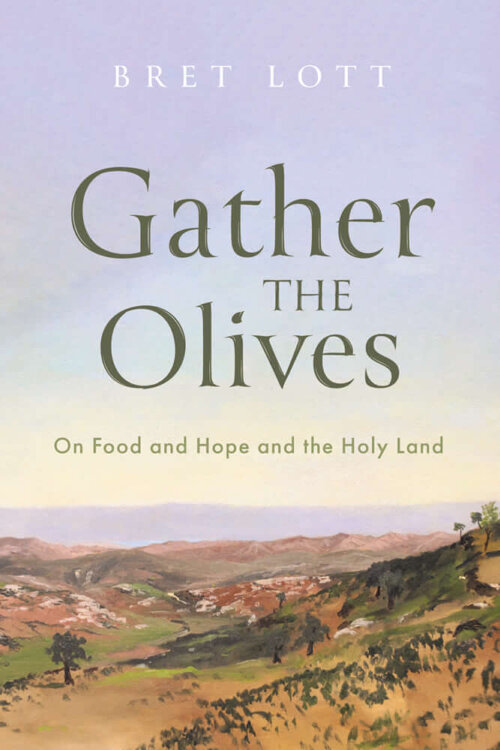


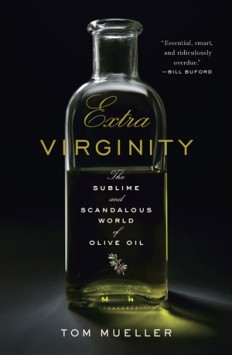
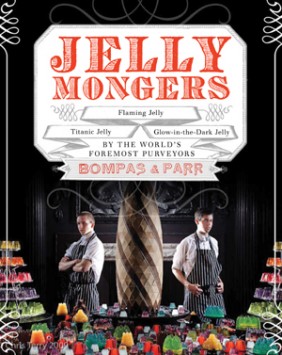
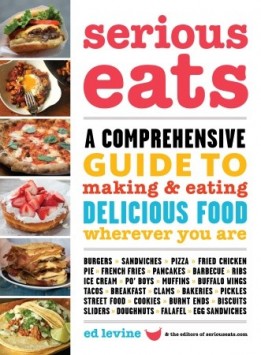
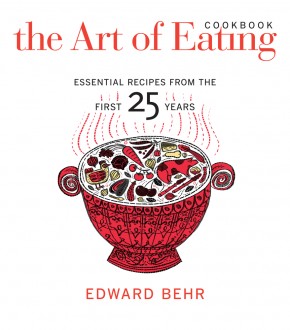
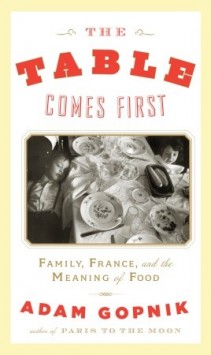
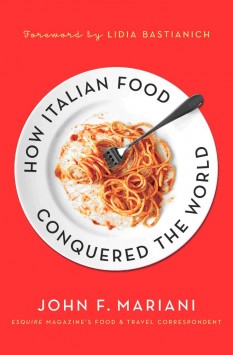
Leave a Reply